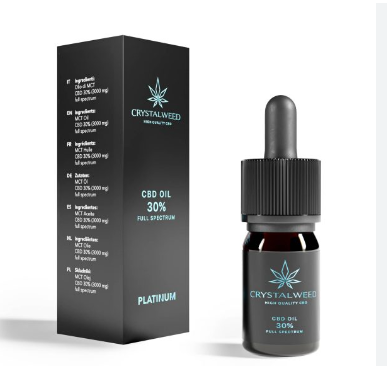
CBD-Infused Hashish and Pain Relief – What the Research Says
Many people are using CBD-infused hashish and pain relief creams to manage chronic pain, but what are the scientific findings? The National Academies of Sciences have called for more research on cannabis and health. While Hash CBD is not psychoactive, it can have psychological effects. There are a variety of factors to consider when using a topical pain reliever, and some users have reported negative side effects. You may want to consult with your physician before adding it to your routine.
This study examined the use of 39 CBD-infused products, including beverages, creams, lotions, and topical oils. Researchers performed a high performance liquid chromatography (HPLC) analysis to determine whether the concentration of THC and CBD was accurate. Most products were accurately labeled, but nearly one-third were under or over-labeled. For this reason, patients had to trust that the product they were taking was actually safe.
Although the use of CBD is legal in most states, federal law prohibits it. At the Federal level, the only prescription product that contains CBD is Epidiolex, an antiepileptic drug approved by the FDA for treatment of childhood epilepsy. However, there are no clinical trials to show that the medication works for pain.
A study in animals has found that cannabinoid topicals can decrease inflammation and reduce pain. Preclinical studies have shown that CBD can also help alleviate the symptoms of multiple sclerosis and neuropathic pain. But until this study, there have been no human studies to examine its effect on anxiety and pain.
To evaluate the potential for CBD to relieve anxiety and sleep, researchers at the Wholeness Center, a large mental health clinic in Fort Collins, Colorado, evaluated 103 adult patients who were prescribed a combination of CBD and conventional psychiatric medications. These patients were assessed for anxiety and sleep at the start of their treatment and during the first two months of therapy. Approximately three-fourths of the patients reported improvement in their anxiety and sleep after the first two months of treatment.
Patients also participated in monthly visits, which included clinical evaluation, documentation of anxiety, and sleep status. When the nature of the treatment was explained to patients, about ninety-eight percent of them provided informed consent. They were given a choice to continue their prescribed medication or to discontinue their use of CBD. Almost all of the patients in this study were willing to continue the program, and the majority of them appreciated the opportunity to try a natural approach.
During the first two weeks of treatment, a mild sedation was observed in a small number of patients. During the following weeks, this sedation resolved. In the third month of therapy, however, two patients discontinued the program because they felt fatigued.
The results of this study suggest that CBD-infused Hash CBD and pain relief products are well tolerated and can be effective in reducing anxiety. However, it is important to remember that a lower dose appears to be sufficient to elicit an adequate clinical response.